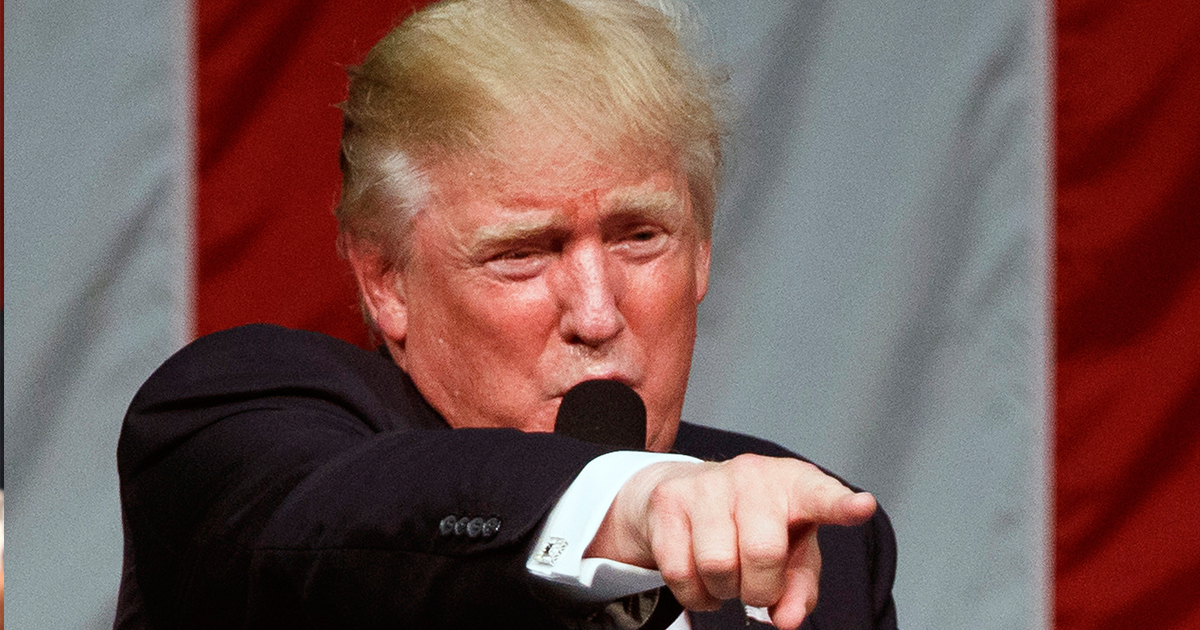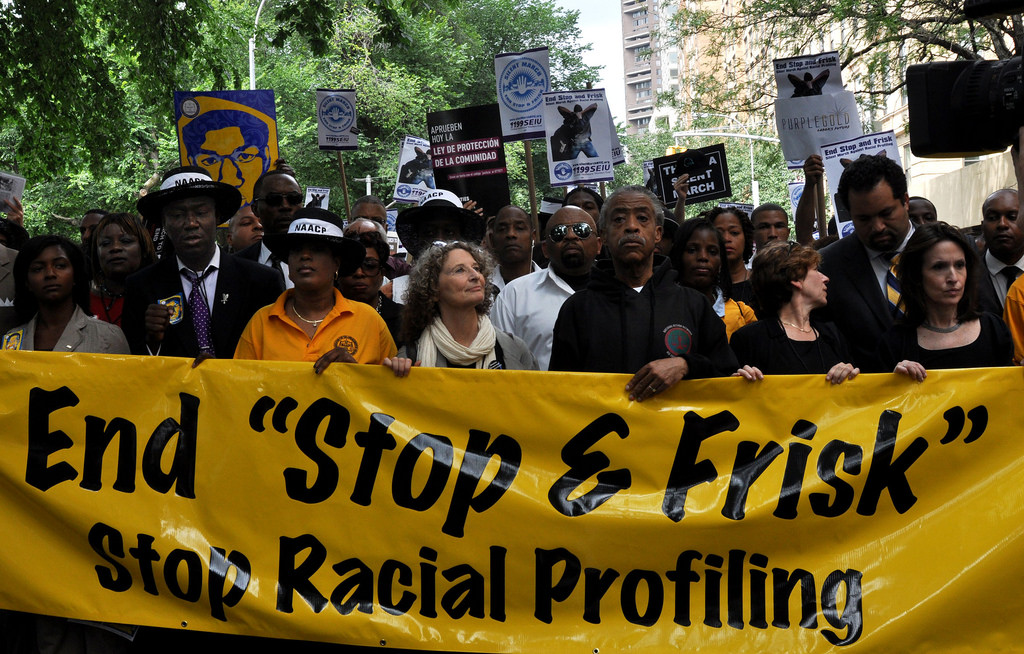Why Donald Trump's Stop-And-Frisk Policy Won't Work

By:
Donald Trump's plan to eliminate crime in black communities apparently involves a nationwide stop-and-frisk policy — giving police the discretion to stop individuals and search them if they're suspect them of a crime — according to those who observed the Republican presidential nominee speak at a town hall forum on Wednesday.
 AP/Evan Vucci - apimages.com
AP/Evan Vucci - apimages.com
Asked how he would tackle black-on-black crime, Trump said "I would do stop-and-frisk."
"I think you have to," Trump said on Wednesday. "We did it in New York — it worked incredibly well and you have to be proactive and, you know, you really help people sort of change their mind automatically."
After Trump gave his answer, a noticeable hush fell over the mostly black audience, Reuters reported. Presumably, that's because New York's stop-and-frisk policy has been widely criticized by civil liberties advocates who've pointed out that it enabled racial profiling. In fact, former U.S. District Judge Shira Scheindlin deemed the policy unconstitutional in 2013 on that very basis, arguing that stop-and-frisk violated the 14th Amendment's equal protection clause.
 Flickr - staticflickr.com
Flickr - staticflickr.com
A 2012 report from the New York Civil Liberties Union found that black and Hispanic residents accounted for nearly 90 percent of people stopped by police between 2002 and 2011. And about 88 percent of those stopped were innocent.
Twitter didn't seem to share Trump's enthusiasm for stop-and-frisk.
Not only do stop-and-frisk policies appear to be discriminatory, data shows that its also an ineffective law enforcement practice.
Supporters of stop-and-frisk tend to cite crime data from New York, which showed a 29 percent decline in violent crime during the years that the policy was in place; but violent crime declined in major cities across the U.S. (where the policy was not enacted) during the same time span — down 59 percent in Los Angeles, 56 percent in New Orleans, and 37 percent in Baltimore, for example, according to the NYCLU.
A 2013 report from the New York attorney general's office found that less than two percent of stop-and-frisk cases ended in a jail or prison sentence, MSNBC reported. And from 2004 to 2012, weapons were found in less than one percent of stop-and-frisk cases.
In other words, it's highly unlikely that spreading the program nationwide would do anything to reduce crime. And if anything, it could exacerbate existing tensions between police and the black communities they serve.
